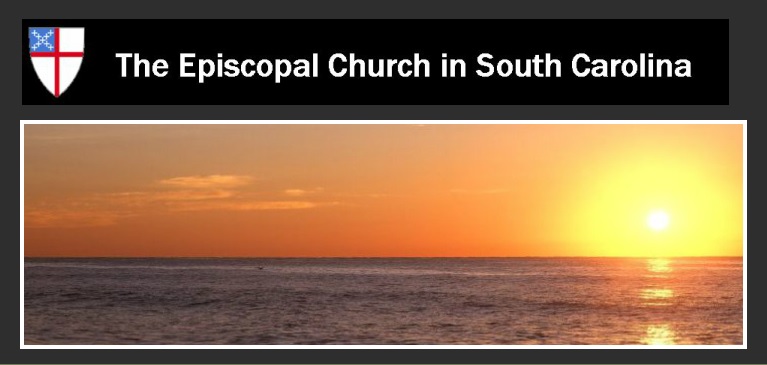A news release from The Episcopal Church in South Carolina (TECSC) details a complaint filed in federal court against The Church Insurance Roth Company of Vermont. The complaint alleges that “the company acted in bad faith by wrongfully making secret payments to churches that have sued TECSC, helping to fund their litigation against the diocese” during the years-long legal battles to determine ownership of the identity and property of parishes which split from the Episcopal Church in 2012 and set up a competing diocese in South Carolina.
The complaint, filed in the U.S. District Court in Charleston, seeks actual and punitive damages from The Church Insurance Roth Company of Vermont (CIC-VT), which is a captive insurance company of The Episcopal Church that has provided TECSC with insurance coverage since the early 2000s for diocesan and parish properties.
“Captive” insurance is a form of self-insurance in which a parent group or groups create an insurance company to provide coverage for itself. In this case, The Episcopal Church is the parent company and CIC-VT has a fiduciary duty to The Episcopal Church and its affiliated dioceses and parishes that it insures.
“Such duties include fiduciary duties of loyalty and care to insure risks only for TEC and its affiliates, and to properly process insurance claims only for the benefit of TEC and its affiliates,” the complaint says.
The complaint involves a group led by Bishop Mark Lawrence that announced it was disaffiliating from The Episcopal Church in 2012, and filed a lawsuit seeking to take the identity and property of the diocese and its churches.
According to the complaint, TECSC recently discovered that CIC-VT paid insurance proceeds to at least one of the disaffiliated parishes, St. Philip’s Church in downtown Charleston. This discovery came through an annual report published online by St. Philip’s that said “After spending for TEC legal fees, Loan Amortization, and Capital Expenditures, St. Philip’s incurred a net cash deficit of $79,045. However, roughly half of the TEC Legal Fees were eligible for partial reimbursement from the Church Insurance Co. of Vermont, totaling some $111,749.”
The payments were wrongful because CIC-VT cannot legally insure parishes not affiliated with the Church, the complaint says. The complaint cites evidence that “similar wrongful conduct also occurred with respect to the Lawrence Diocese and/or additional Lawrence Parish Entities” with payments, insurance proceeds or settlements from CIC-VT which have not been publicly disclosed, but will be subject to the legal discovery process in court.
The Episcopal Church in South Carolina, as the recognized diocese of The Episcopal Church, has a trust interest in all diocesan and parish property including “all rights to insurance policies protecting such property and receivable insurance proceeds,” the complaint says.
In August 2017, the South Carolina Supreme Court ruled that diocesan property, along with the property of 29 parishes, including St. Philip’s, are held in trust for The Episcopal Church and TECSC.
“For the last seven years, the Lawrence Diocese and 29 of the Lawrence Parish Entities have unlawfully possessed and controlled and have been misusing, depleting, and diminishing the diocesan and parish property held in trust for TECSC and TEC. They still do today,” the complaint says. “They refuse to accept and obey the final decision of the South Carolina Supreme Court. They are currently opposing its enforcement in the state circuit court, on remittitur. They are also opposing an action pending in this Court seeking an injunction against their ongoing trademark infringement, vonRosenberg v. Lawrence.”
The complaint says CIC-VT has “has enabled and aided and abetted at least one Lawrence Parish Entity in breaching such fiduciary duties, participating by wrongfully paying and misdirecting insurance proceeds to it for the known purpose of funding their litigation efforts against TECSC and TEC.”

